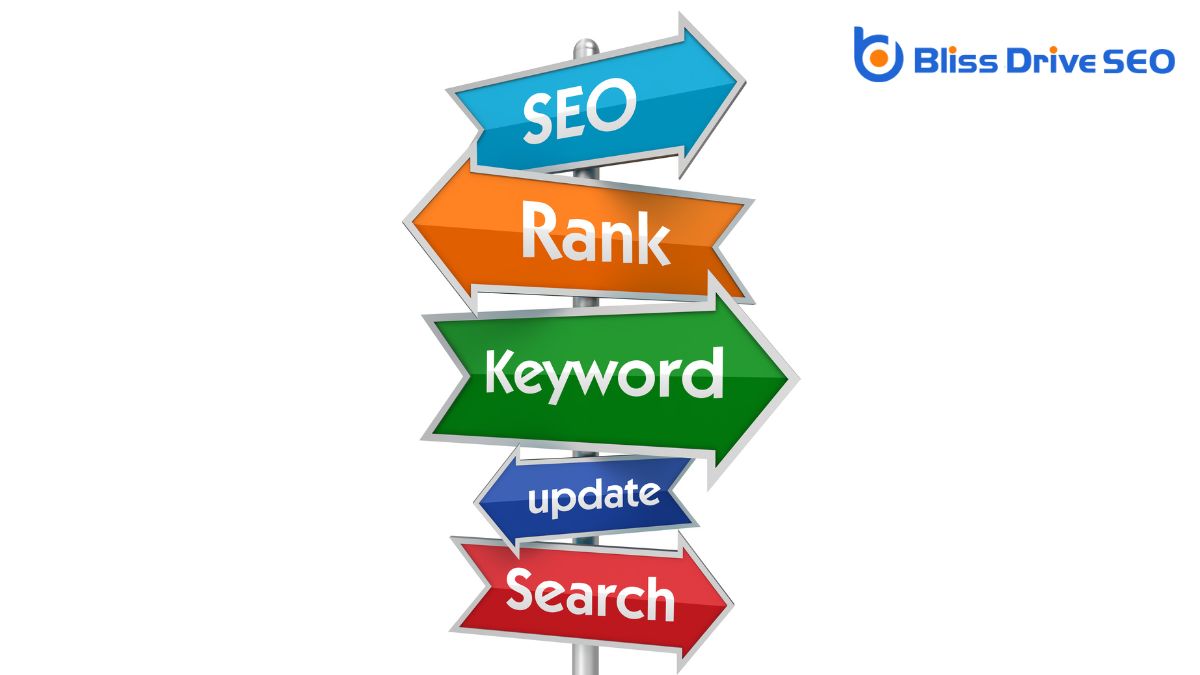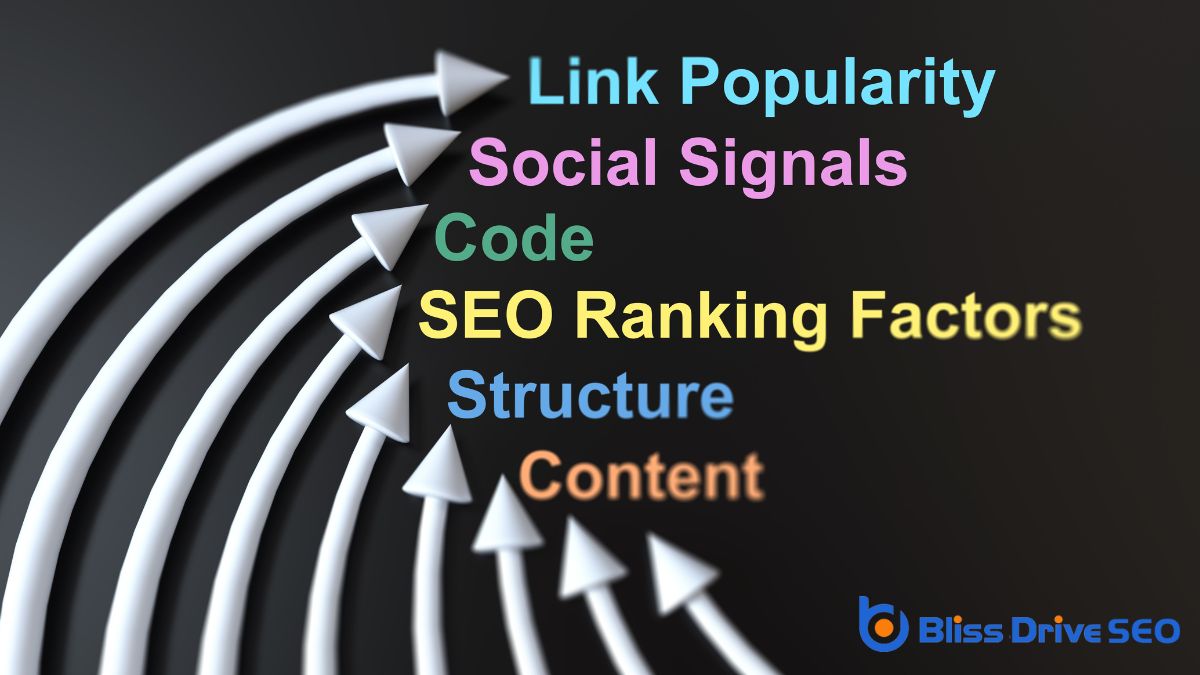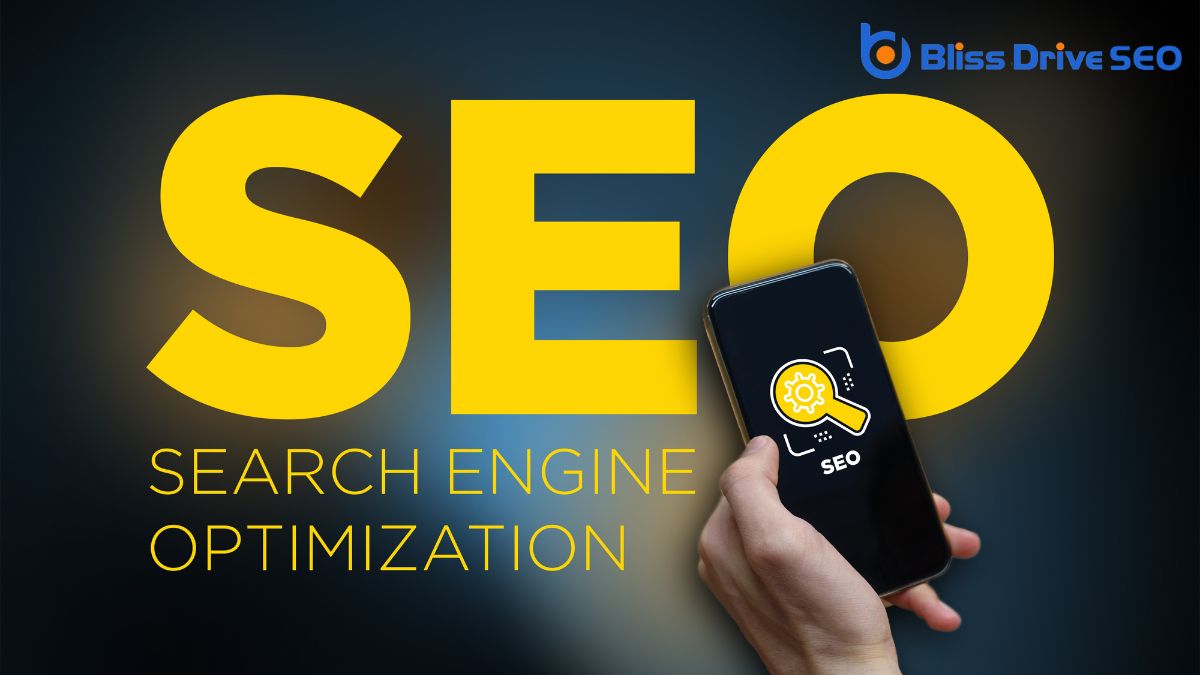Digital Marketing Services
Learn More About Us

You're probably wondering if investing in SEO is the right move for your business. On the one hand, SEO promises heightened visibility and more focused traffic. On the other, it requires time, effort, and expertise. While many claim it's a necessary strategy, others argue it doesn't always deliver instant results. So, how do you determine if it's truly worth the investment? There are numerous perspectives to ponder, from grasping the basics to evaluating potential costs against benefits. Let's explore whether SEO is the key to accessing your business's online potential or just another marketing buzzword.

How exactly does SEO work, and why is it important for your online success? SEO, or Search Engine Optimization, involves optimizing your website to rank higher in search engine results. When someone searches for something related to your business, you want your site to appear prominently. This visibility is essential because most users rarely scroll past the first page of results.
SEO works by aligning your content with search engine algorithms, which evaluate factors like keywordsWords or phrases that users type into search engines to find information., site structure, and backlinksLinks from other websites pointing to your website, crucial for SEO..
To start understanding SEO fundamentals, focus on keywords. These are the terms people type into search engines when looking for information. You need to research and use relevant keywords in your content to match what potential customers are searching for. But it's not just about stuffing keywords; it's about providing valuable content that answers questions or solves problems.
Next, consider site structure. A well-organized site with clear navigation helps both users and search engines understand your content. Backlinks, or links from other reputable sites to yours, also boost credibility and rankings. By mastering these basics, you're setting the foundation for a successful online presence. Remember, SEO isn't a one-time task but a continuous effort.
When you implement SEO strategies, your business gains increased online visibility, making it easier for potential customers to find you. This enhanced presence not only attracts more visitors but also boosts your conversion rates as more targeted traffic reaches your site.
Plus, SEO offers a cost-effective marketing strategy that delivers long-term benefits without the hefty price tag of traditional advertising.
One of the most significant benefits of investing in SEO for your business is the substantial increase in online visibility. When your website is optimized, it becomes easier for potential customers to find you on search engines like Google. Fundamentally, SEO helps your business appear in the top results when someone searches for the products or services you offerThe specific product or service being promoted by affiliates.. This enhanced presence means more people see your site, leading to a greater awareness of your brand.
In today's digital age, most consumers begin their purchasing journey with an online search. If your business isn't visible, you're missing out on a vast pool of potential customers. SEO helps level the playing field, allowing your business to compete with larger companies by ensuring your website is seen by the right audience at the right time.
Moreover, SEO doesn't just focus on getting more visitors to your site but targets those who are genuinely interested in what you offer. By using relevant keywords and optimizing content, SEO attracts users who are actively seeking your solutions, thereby enhancing the quality of traffic. This precise targeting can significantly boost your online presence, making your business more recognizable and accessible.
Beyond just increasing visibility, SEO plays a pivotal role in enhancing conversion rates for your business. When your site is optimized effectively, it attracts not just any visitors, but the right ones—those who are actively seeking the products or services you offer. This targeted traffic is more likely to result in conversions, whether that means sales, sign-ups, or any other desired action. By focusing on user intent and delivering relevant content, SEO helps guide potential customers seamlessly through their buying journey.
Here's how SEO can boost your conversion rates:
Implementing these strategies can significantly enhance your business's conversion rates.
For businesses looking to maximize their marketing budget, SEO emerges as a cost-effective strategy that delivers substantial returns. By optimizing your website, you're not just improving visibility but also attracting potential customers who are actively searching for what you offer. Unlike traditional advertising methods, which require ongoing investment, SEO builds a foundation that continues to drive traffic long after the initial work is done.
You might wonder how SEO saves money. First, it targets users who are already interested in your products or services, thereby increasing the likelihood of conversion. This targeted approach means you're not spending money on uninterested audiences.
Additionally, while paid ads can be effective, they stop delivering once your budget runs dry. In contrast, a well-executed SEO strategy can sustain and grow your online presence over time.
Moreover, SEO isn't just about cost efficiency; it also enhances brand credibility. When your business consistently appears at the top of search results, it builds trust with potential customers. Essentially, SEO isn't just an expense but an investment in your business's long-term success, offering a high return on investment by continually bringing in qualified leads.
While SEO offers numerous benefits, maneuvering its implementation can be challenging due to its intricate and constantly evolving nature. You need to stay updated on the latest algorithms and trends, which can be overwhelming. Here's a breakdown of the main challenges you might face:
Addressing these challenges requires dedication and a proactive approach. By understanding and tackling these obstacles, you can better leverage SEO to boost your online presence and achieve your business goals.
When evaluating digital marketing approaches, it's important to understand how SEO stacks up against other strategies. SEO focuses on improving your website's visibility in search engine results, bringing long-term benefits. Unlike paid advertising, which offers immediate but temporary visibility, SEO builds a lasting presence. You invest time and effort upfront and reap ongoing rewards as your site's authority grows.
In contrast, social media marketingThe use of social media platforms to promote products or services, engage with audiences, and build ... delivers fast engagement and brand interaction. It's effective for immediate communication and brand awarenessThe extent to which consumers are familiar with the qualities or image of a particular brand. but often requires constant content creation and management. SEO provides a more sustainable method to attract potential customers actively seeking your products or services.
Email marketingThe use of email to promote products or services, build relationships with potential customers, and ... allows for direct communication with your audience, fostering relationships and driving conversions. However, it depends heavily on having a robust, engaged subscriber list. SEO complements this by bringing in new subscribers through organic trafficVisitors who come to a website through unpaid search engine results..
Content marketingA strategic approach focused on creating and distributing valuable, relevant, and consistent content... overlaps with SEO, as both rely on high-quality content. However, content alone won't suffice without optimizing it for search engines. By integrating SEO with other strategies, you maximize your reach, ensuring consistent and varied touchpoints with your audience. Understanding these differences helps you make informed decisions about where to focus your digital marketing efforts.
When evaluating SEO costs, you need to ponder how much you're willing to budget for these services. It's important to analyze your ROI expectations to make sure you're making a wise investment.
Deciding between hiring an agency or building an in-house team can also greatly impact your overall costs and strategy effectiveness.
How do you guarantee your investment in SEO services is money well spent? Start by creating a well-thought-out budget that aligns with your business goals. Understanding how much you're willing to spend and what you expect in return can prevent overspending and ensure you get the results you want. To help you budget effectively, consider the following key factors:
Evaluating the return on investment (ROI)A measure of the profitability of an investment, calculated by dividing the net profit by the cost o... for SEO can seem overwhelming, but it's essential for ensuring your spending is justified. Start by identifying your goals. Are you aiming for more traffic, increased sales, or better brand visibility? Knowing what you want helps you measure success.
Next, look at the costs. Consider not just financial expenses but also time and resources. How much are you investing in tools, content creation, or personnel?
Then, track key performance indicators (KPIs) like organic traffic, conversion rates, and search engine rankings. These metrics give you a clear picture of your SEO effectiveness. Use analytics toolsSoftware used to track and analyze website performance, user behavior, and marketing efforts. to monitor these KPIs regularly. They'll help you see trends and identify areas needing improvement.
Don't forget to compare your SEO results with other marketing channels. Is SEO bringing you more leads or sales than pay-per-click or social media campaigns? This comparison can highlight SEO's value in your overall strategy.
Deciding between an agency or an in-house team for your SEO efforts requires a thorough understanding of the costs involved. Both options have unique advantages and drawbacks that can impact your decision based on your business needs and budget. When evaluating the costs, consider the following:
Ultimately, weighing these factors will help you determine the best fit for your SEO needs.
Tracking SEO metrics is essential for understanding the effectiveness of your strategies and efforts. You can't improve what you don't measure, right? To gauge SEO success, start by focusing on key performance indicators (KPIs) like organic traffic, keyword rankings, and conversion rates. These metrics reveal how well your site attracts visitors and turns them into customers.
Organic traffic is a prime indicator of SEO success. It shows the number of visitors finding your site through search engines, reflecting your visibility. Keep an eye on these numbers. If they rise, your efforts are likely paying off. If not, it might be time to tweak your approach.
Next, monitor keyword rankings. They help you track how well your content performs in search results. Are your target keywords climbing the ranks? If so, you're on the right track.

As the digital landscape evolves, the future of SEO promises to be both challenging and exciting. You'll find that staying ahead means adapting to new algorithms, technologies, and user behaviors. SEO's future isn't just about keywords and backlinks; it's also about understanding user intent and delivering a seamless experience. Here's what you need to keep an eye on:
In the ever-evolving digital landscape, investing in SEO is undeniably worth it. By focusing on SEO basics, you boost your business's visibility and credibility, attracting high-quality traffic. While challenges exist, the long-term benefits outweigh the initial obstacles. Compared to other strategies, SEO offers a cost-efficient solution with significant returns. By evaluating costs and measuring success, you can guarantee your efforts align with future trends, making SEO a smart and valuable investment for your business.
